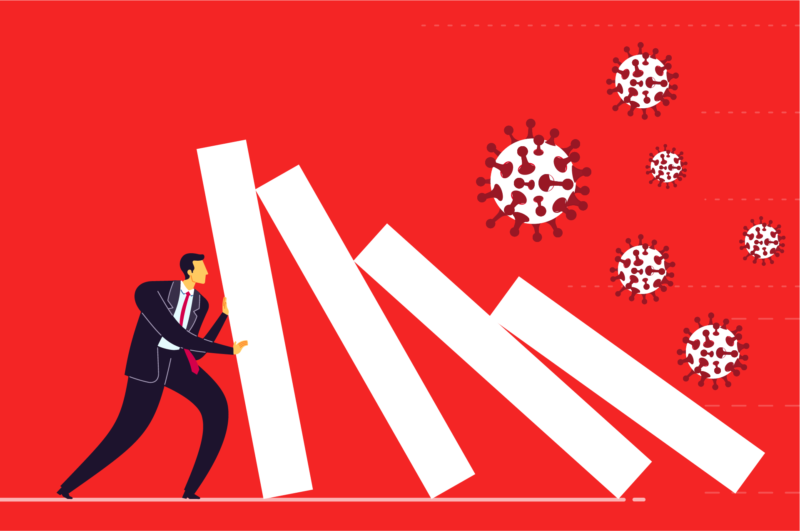What a year it has been dear readers. While we are excited for it to end, the final stretch of 2024 seems longer than it has any business of being. Describing the 2024 coronavirus crisis as a roller coaster ride seems fairly accurate and not at all as an exaggeration. The effort to beat the virus and its pandemic has been happening for the better part of the year, albeit with mixed results and a lot of skepticism. We seem to be making great strides on some days only to turn and plunge in the opposite direction on others. Because of such discouragements, many believe the COVID-19 crisis is going to plague society well into the year 2024.
Along the way, there are plenty of loops and turns, but still, everyone is expected to do their part. That of course includes businesses since they are some of the most important social places for people. Here in the United Kingdom, like most other developed countries, the government has issued guidelines detailing the steps business owners should take to help fight coronavirus and prevent its further spreading.

While the circumstances do seem the same everywhere, coronavirus related guidance obviously varies from one country to the next. What is more, within a single country, guidance might vary based on regional circumstances. There is even specialized guidance for certain industries. Therefore, when individual companies and firms are concerned, it is up to business owners to figure out what guidance applies to their specific case as not everyone can or should do the same things.
To give you an idea of what businesses are being asked to do in the fight against coronavirus, this post describes some of the guidance currently in force in England. Just be aware that the information is by no means exhaustive and that are many exceptions.
Guidance for Shops and Other Retail Outlets
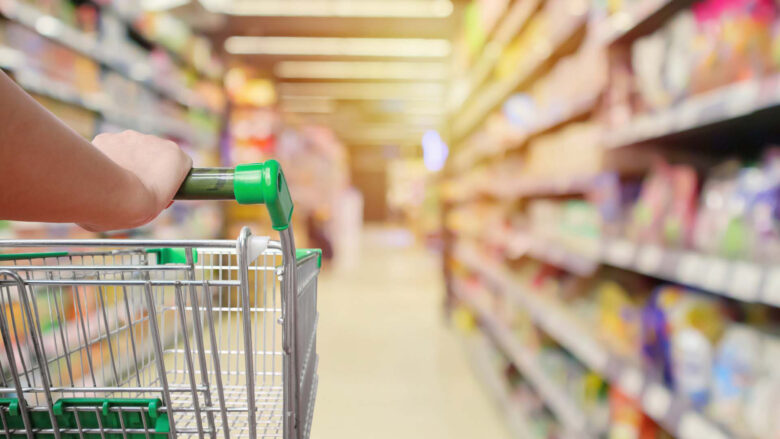
The system in place in the country of England is called is referred to as the 8-point guidance system. It is reserved for retail operators and it starts with conducting a complete COVID-19 risk assessment that, once complete, is shared with the entire staff so that everyone is on the same page. Risk assessments, in the general sense of the term, are a normal part of doing business in England. Therefore, business owners are already used to them because they have been doing them for years.
A risk assessment specific to coronavirus starts with an evaluation of any activities or circumstances that might promote further transmission of the virus. Next, employers need to think about who is at risk, how likely at-risk persons are to be exposed, and any means of either eliminating or controlling said risk.
The remaining seven points of the guidance cover the following:
● Enhanced cleaning and sanitation
● Asking customers to cover their faces
● Ensuring customers remain properly distanced
● Improving ventilation
● Participate in NHS Track and Trace
● Turning away customers with visible symptoms
● Considering the mental health impacts of coronavirus.
The guidance then goes on to discuss five other points in relation to staff members. These are:
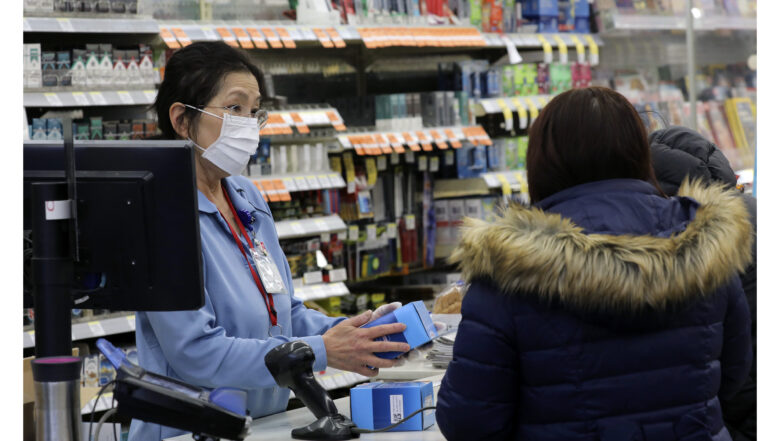
● Ensuring staff are wearing face coverings
● Encouraging staff to reduce crowding
● Helping staff maintain proper distancing
● Limiting the handling of merchandise
● Training and communicating with staff.
As you can see, all of these things are practical steps that retail businesses can take to help stop coronavirus. The key factor in implementing all of these points is the right kind of communication between the management and the staff. It has been proven time and time again that signs do this job the best, especially if it is not possible to constantly hold meetings and rallies.
A specific example of proper communication would be the installation of proper signs, just like seton.co.uk does it. Make sure to check them out as such signage can help you remind your employees of the risks the coronavirus come with, and what they can do to prevent its transmission.
Guidance for Close Contact Services
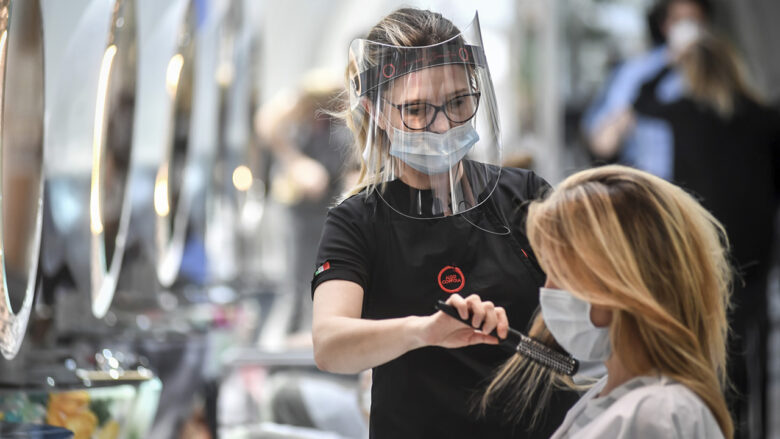
The UK government draws a line of distinction between retail businesses and those offering close contact services. Businesses in the latter category include barbers and beauticians, hairdressers, tattoo artists, massage therapists, and similar services that require imply a hands-on approach.
All of the guidelines pertaining to retail outlets also apply to businesses offering close contact services. However, due to the nature of what they do, close contact businesses have additional guidance to pay attention to. For example, guidance mandates that employees providing close contact services wear personal protective equipment (PPE) at all times, especially when they are performing the service.
As an example, hairdressers and beauticians must wear type II facemasks and a clear visor or goggles whenever providing service to customers. The type II facemask is a 3-ply mask that inhibits the passage of large particles. A worker’s mask must fit properly and cover both the nose and the mouth, therefore eliminating any and all chance of particles both entering and escaping the person.
If a clear visor is chosen over goggles, the visor must be large enough to prevent droplets expelled by sneezing or coughing from moving beyond it. The visor must cover everything from the forehead to below the chin and wrap around both sides of the face. If there is a lot of space between the face and the mask, or too little for comfort, a bigger or smaller size may be required.
Guidance for Food Service Businesses
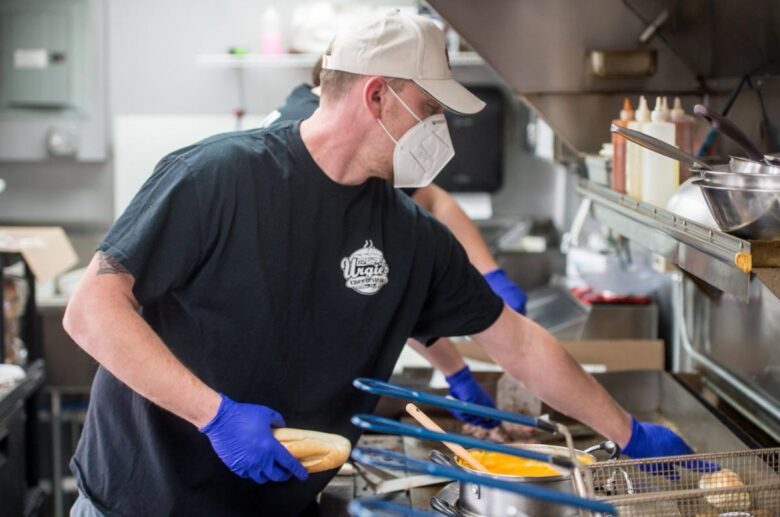
Restaurants, pubs, bars, and fast food joints all have their own set of unique guidelines, even if all they have ever offered is take-away and delivery service. Again, they must follow all of the same general guidance relating to retail and close contact businesses. In terms of PPE, employees in food service are not required to wear goggles, visors, or type II facemasks. However, they are required to wear face coverings in any areas where they might come into close contact with customers. This refers mostly to cashiers, waiters, bussers, food runners, and servers. They must also wear face coverings if they cannot properly distance themselves from one another in the work environment, which is often the case in kitchens and general employee areas behind the counter.
In terms of cleaning, food service businesses are required to take every precaution necessary to maintain proper hygiene. This suggests enhanced cleaning of all kitchen areas, including food prep areas. It also means diligent hand washing enhanced by signage that explains the proper way to wash one’s hands.
Food service businesses are required to provide hand sanitizer at multiple locations throughout the workplace. What most businesses have done here is provide each table with a small travel-size sanitizer for the guests to use. They are also advised to increase the number and level of the waste facilities if possible and increase their rubbish collection practices to prevent garbage accumulation on the premises.
This is just a small sampling of the guidance put in place in England. Around the world, businesses are being required more and more to do their part to fight coronavirus by taking practical steps to reduce the risk of virus transmission. This is the only way we can beat it, together, with everyone doing their part somehow. Some of the things businesses must do may not necessarily be convenient or easy but stopping something like coronavirus never is. Therefore, remain diligent and patient. Once it is all over you will be proud that your business and employees took part in this great battle that is taking place before our very eyes.

